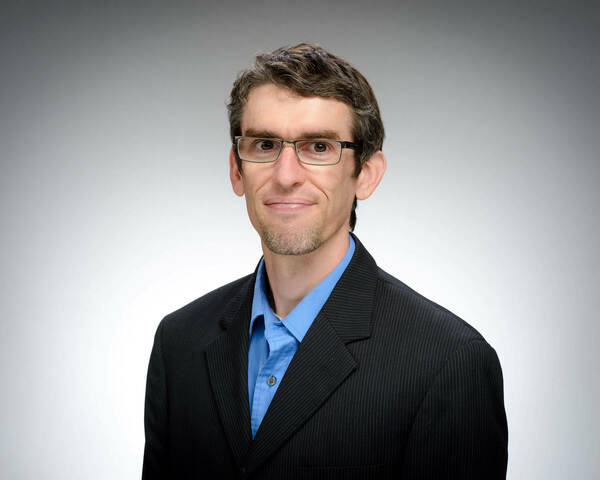
Eckhart Spalding, Postdoctoral Research Associate in the Department of Physics and Astronomy, recalls his fascination with astronomy being sparked by a book he read as a child.

“It left a profound impression on me,” he said. “Eventually I came to see physics as the road to understanding the way the universe works, and engineering was the vehicle to that adventure.”
Spalding’s research involves developing instrumentation for taking observations of exoplanets: planets that orbit other stars. He explained that his work identifies what kinds of gases are present in the exoplanets' atmospheres with direct imaging methods.
“In the years to come, astronomers hope to eventually detect 'biosignatures,' or patterns of gases that would indicate that life exists on the surface of that planet. If life is ever discovered on an exoplanet, direct imaging will play a big role,” he explained.
The study of exoplanets remains a cutting-edge and developing field of study. Spalding expressed the exhilaration of being at the forefront of ongoing research.
“More than five thousand exoplanets are now known, and we’re still just seeing the tip of the iceberg,” he said.
He explained that being at the University of Notre Dame offers exciting opportunities for his research and provides a collaborative environment.
“Notre Dame is a hosting institution with excellent physical infrastructure, private funding, and a vibrant research community,” he said. “We have a big and stimulating physics and astronomy department, enabled by a super-supportive staff.”
Spalding also appreciates the opportunities to hear from “visiting luminaries” from completely outside of his field and meet people participating in different areas of research offered at Notre Dame. He recently won the College of Sciences’ first Postdoc Lightning Talk Competition.
“It was a good exercise to break out of the jargon-laden speech of the day-to-day workplace and speak to a more general audience,” he said. “It was also great to meet postdocs I didn’t know, from very different fields.”
Spalding attributes a great deal of his success to his mentors and fellow researchers and reflected on the “value of absorbing a wide range of other people’s experiences and perspectives.” His advice to future postdocs would be to take in as much as possible and to be proactive about meeting people.
Originally published by at science.nd.edu on November 21, 2022.